
Chinese EV maker Nio displays its ET5 sedan in Chengdu, Sichuan province. Nio will help create a solid foundation for battery swapping and charging services in Europe. (Photo/CHINA NEWS SERVICE)
For example, driven by growing exports of telecommunications equipment, trains, electric vehicles and smartphones, many Chinese companies such as China Railway Rolling Stock Corp, Xiaomi Corp and Xuzhou Construction Machinery Group have already built service and marketing networks in overseas markets that provide warehouse, maintenance and after-sales services, he said.
Zhang Hui, vice-president of the Europe subsidiary of Nio, China's smart electric vehicle manufacturer, said the company already exports EVs to Norway. In addition, Nio is building its first overseas plant in Hungary to support its expansion in Germany, the Netherlands, Sweden and Denmark later this year. This will help in the construction of battery swap stations in these countries, creating a solid foundation for local battery swapping and charging services.
The company's Hungary factory is expected to be operational later this month and serve as a production, service and R&D center for the company's power products, including battery-swapping stations in Europe.
More opportunities in services will spring from the Regional Comprehensive Economic Partnership agreement, which took effect on Jan 1, said Sheng Qiuping, China's vice-minister of commerce.
In addition to speeding up the digital transformation of traditional trade in services, and underpinning the growth of smart logistics, online exhibitions and telemedicine, the government will make services more tradable and advance emerging trade in services such as bonded area-based research and development businesses, product testing, and art exhibitions and trade, he said.
Prompted by the rapid growth of both trade in goods and services in China, Best Inc, a Hangzhou, Zhe-jiang province-based integrated supply chain and logistics solutions provider, also began deliveries of bulkier and heavier items between China and Malaysia, to further expand its service offerings in Southeast Asia in mid-August.
The new service is designed to meet the needs of cross-border e-commerce businesses that sell products made in China to the Malaysian market, satisfying their surging demand for stocking up local warehouses.
The move allows Malaysian consumers to purchase bulky or heavy products like furniture, kitchen appliances or motorcycles from China's e-commerce websites.
"Our freight network across China enables domestic companies to ship products from anywhere in the country, without size or weight restrictions," said Johnny Chou, chairman and CEO of Best Inc, adding its end-to-end services will also benefit small and medium-sized enterprises in Malaysia, as they will have enhanced access to firms in China.
Best's express courier services in Thailand, Vietnam, Malaysia, Singapore and Cambodia delivered around 150 million parcels in Southeast Asia in 2021. It also introduced the heavy parcel delivery service in Thailand in late August.
Companies such as Best made the most of this year's CIFTIS, which focused on opening-up and cooperation in trade in services, green development and digitalization. The fair attracted 71 countries and international organizations, as well as more than 1,400 enterprises, including over 400 Fortune Global 500 companies and industry-leading entities.
In addition to creating a huge platform for MNCs and improving services for foreign trade, CIFTIS has facilitated an upgrade of the nation's consumption and industries, said Wang Dongtang, director-general of the department of trade in services and commercial services at the Ministry of Commerce.









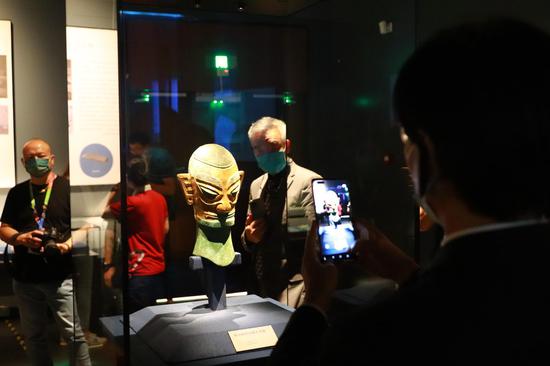
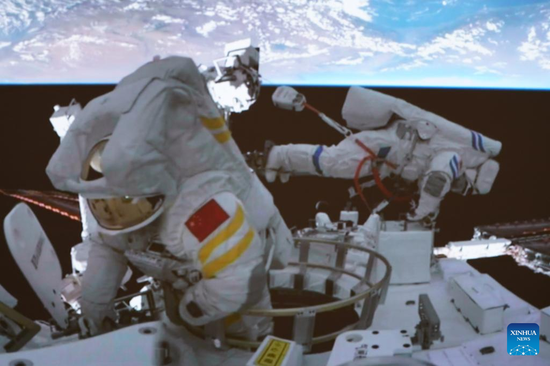




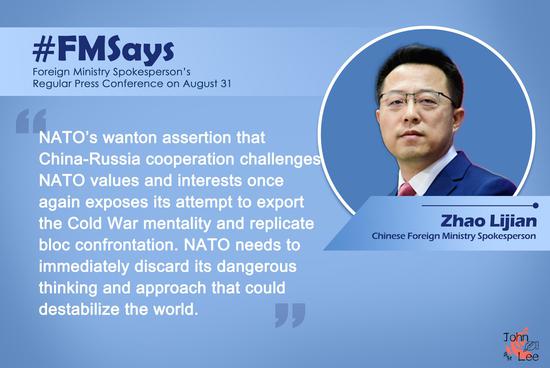
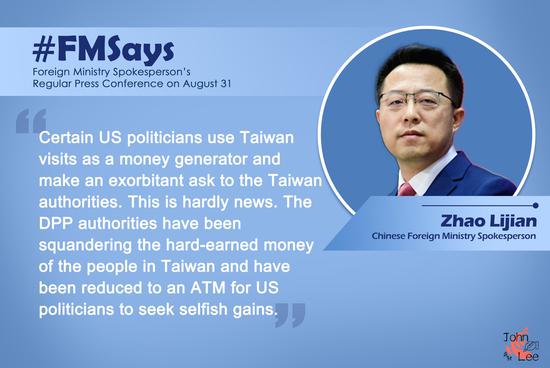
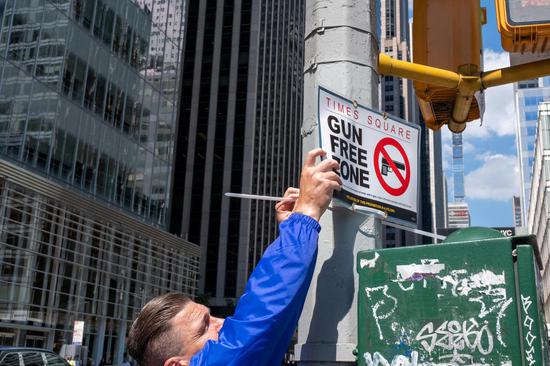

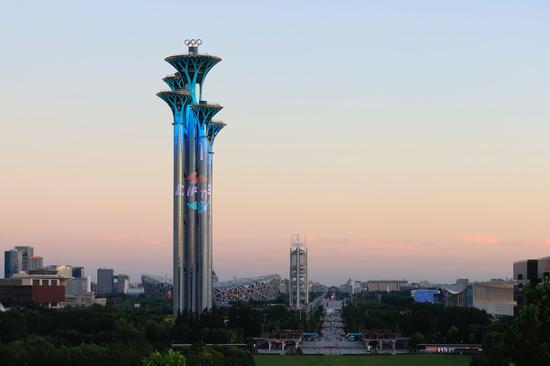

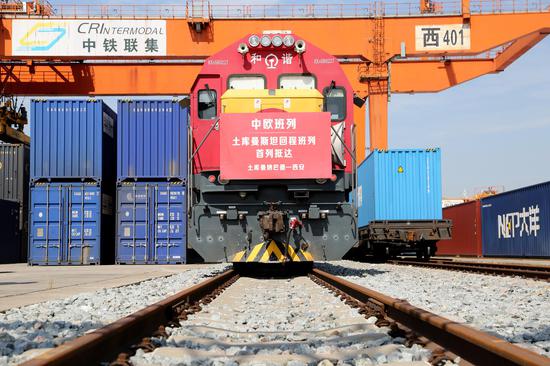
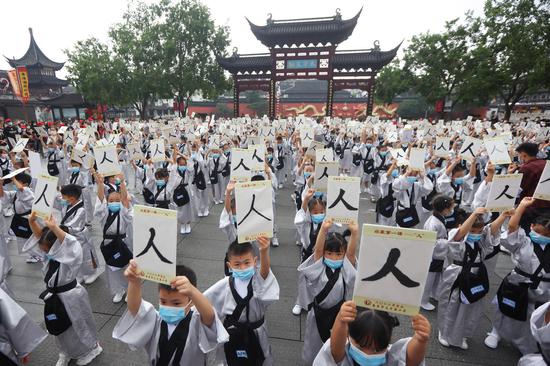

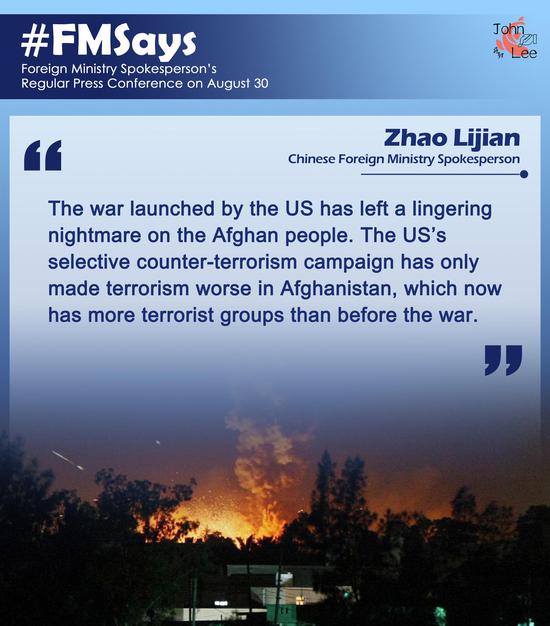
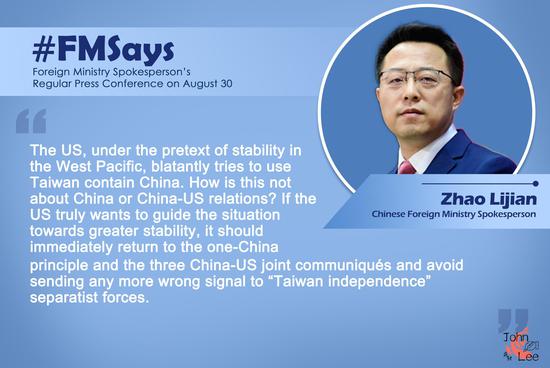
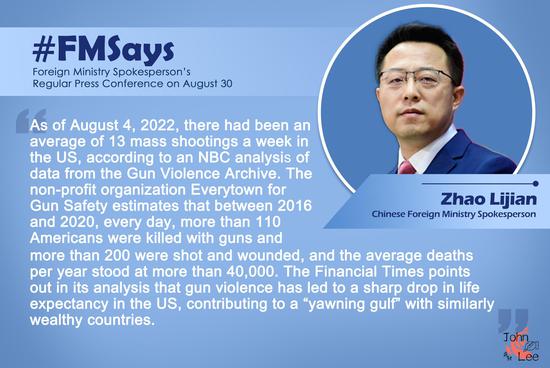

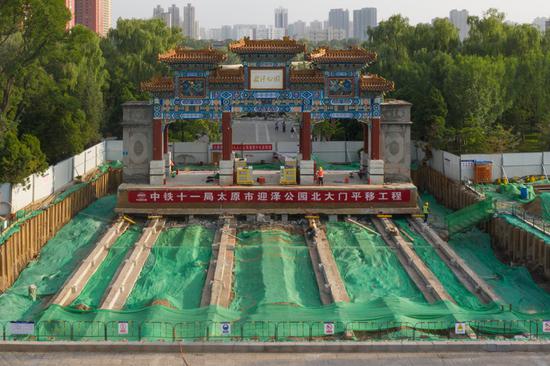
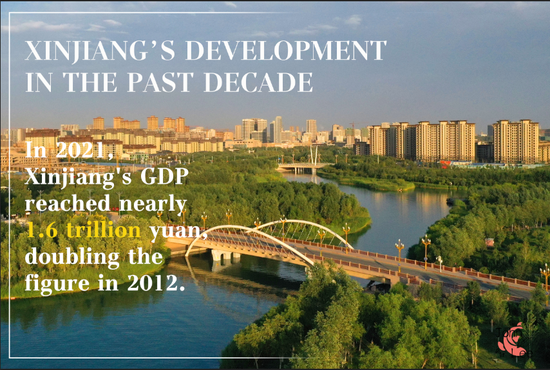
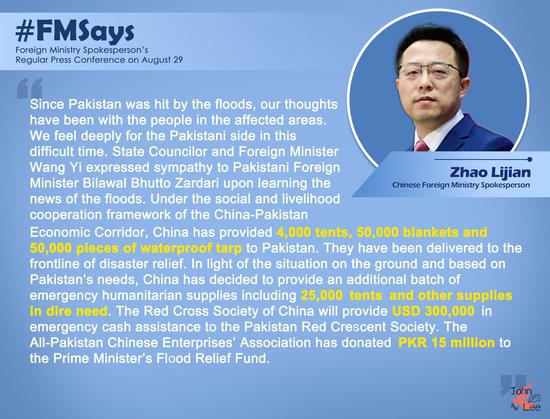
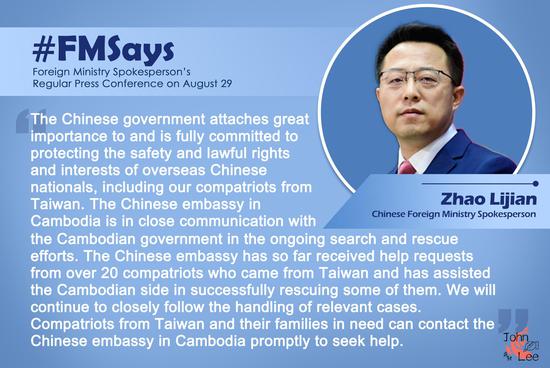

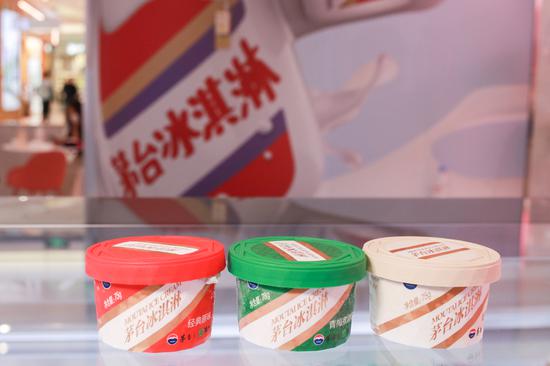
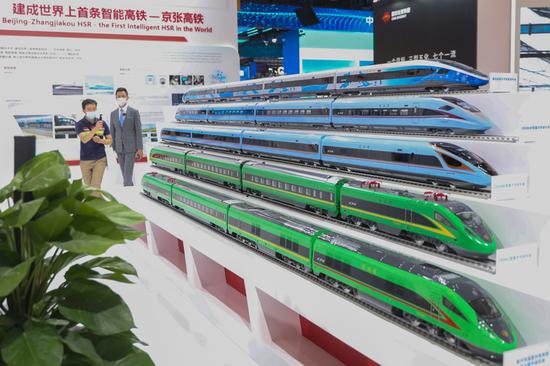


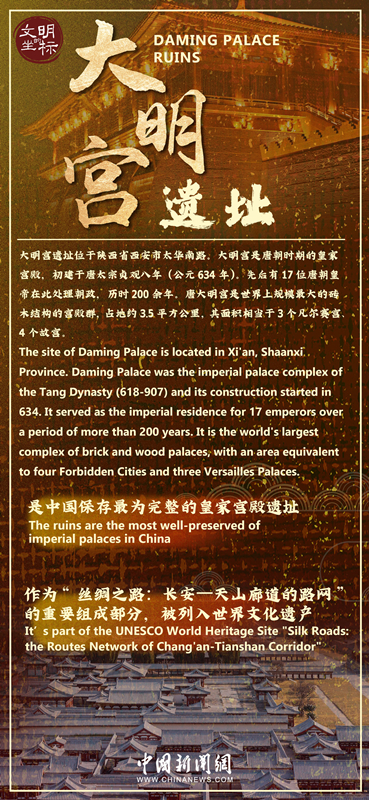


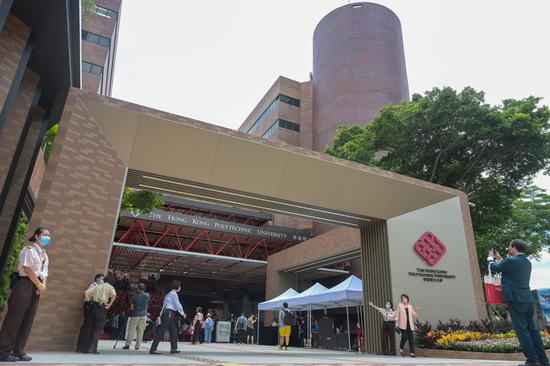

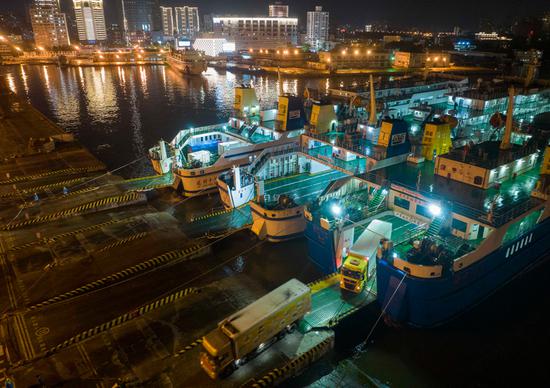
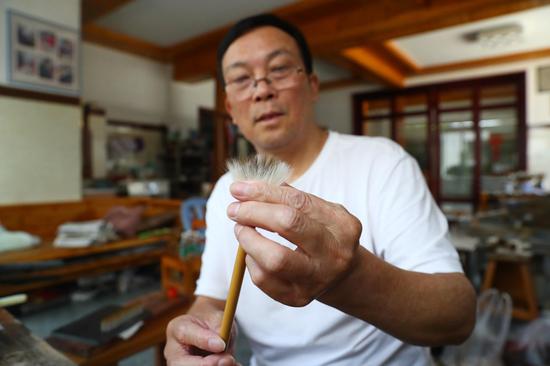
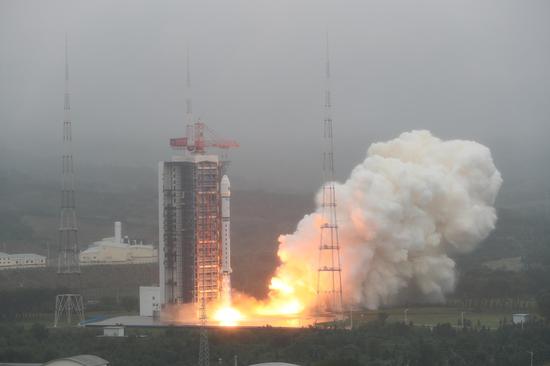





 京公网安备 11010202009201号
京公网安备 11010202009201号